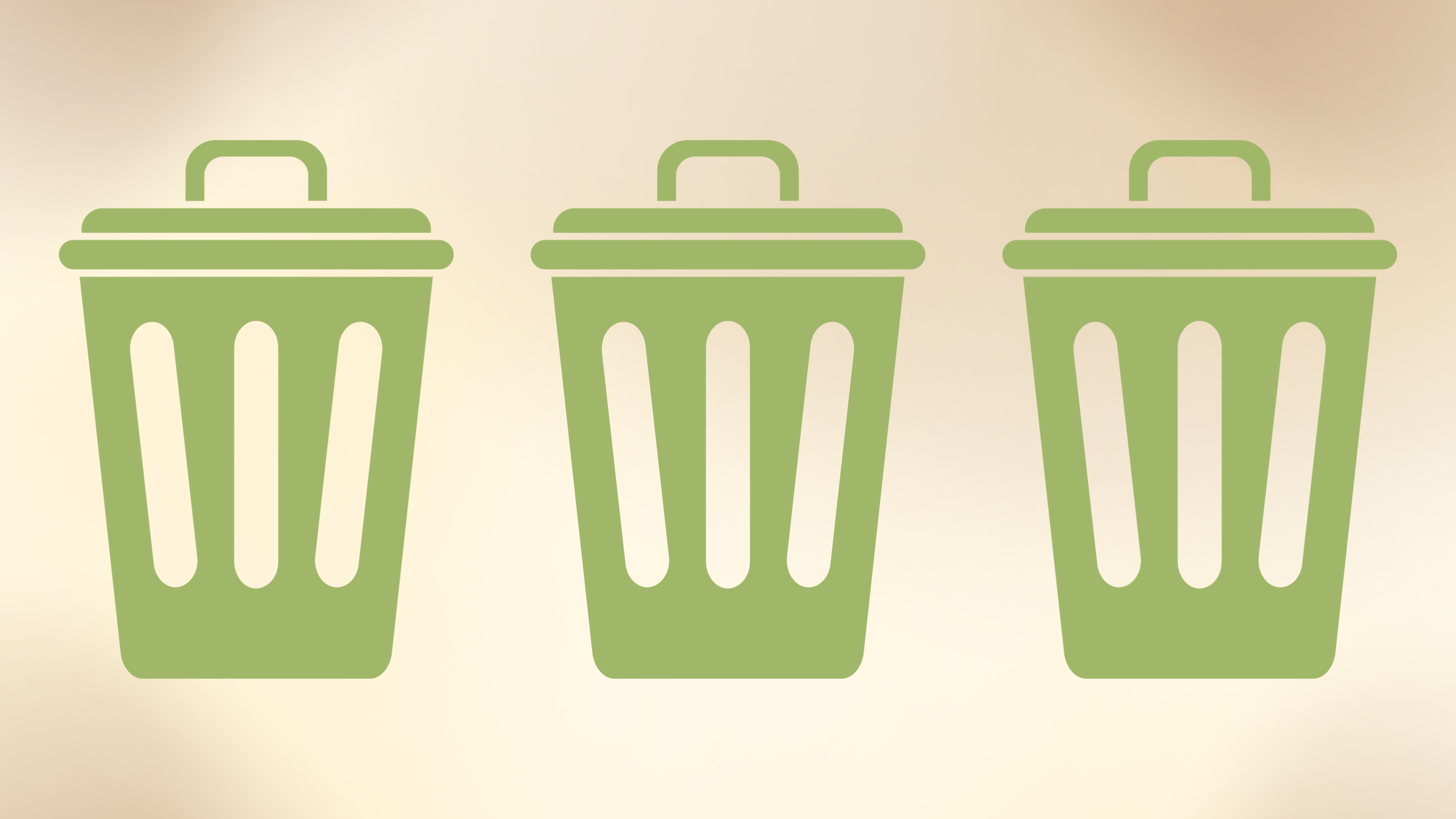Here's what can (and can't) go in compost bins
Compost or not? We've got the answer to what you can compost


Knowing what you can and can't compost is the first step to being a little more eco-friendly at home. If you’re trying to live a more sustainable, environmentally friendly lifestyle, getting into the habit of composting can be a great idea. But what exactly is it?
According to Charlotte Dreizen, director of sustainability and environment at the Plastics Industry Association — composting is a decomposition process where bacteria, microbes, and fungi break down carbon and nitrogen-rich materials, (such as food, yard waste, and paper), into a soil amendment. "It's so valuable that it’s often referred to as black gold.” You can compost at home as well as take it to a facility.
If you value sustainability, you may want to be a little more conscious about the way you tidy up and practice some eco-friendly cleaning hacks. As for your waste, here’s what you can and can’t put in a compost bin.
Why you should compost
There are many benefits of composting both for the environment as well as your backyard and garden. “It’s hard to think of a more invaluable and versatile material as compost. It’s like a Swiss Army Knife. Compost itself is a soil amendment that can not only boost the output of your tomatoes but also help the soil retain more water, which is especially important as more and more areas experience longer and hotter summers,” explains Dreizen.
“It also has unique properties that can restore many of the most contaminated soils that we find in brownfields or alongside highways, as well as make up the fill needed for green roofs and living walls. Perhaps most importantly, compost also stores carbon.”
What you can put in your composting bin
Dreizen tells me that all composting programs accept different kinds of materials. Still, there are a lot of items that you can put in the vast majority of compost bins including the one you have at home. This includes fruit and vegetable scraps, egg shells, and even flowers (so don’t throw out that stinky bouquet from two weeks ago just yet).
So, if your fruit salad went bad — you can compost it. That watermelon rind that you can’t fit in garbage disposal — that’s compostable too.
Get small space home decor ideas, celeb inspiration, DIY tips and more, straight to your inbox!
You can compost your morning cup of coffee as well because coffee grounds are compostable. So, if you have a Keurig or similar type of coffee maker, consider using a reusable cup that you refill with grounds instead of the disposable type. Or cut open the disposable cup and empty the grounds into your compost container when finished.
If you are taking your garbage to be composed — many composting programs also take items like coffee filters, paper tea bags (just remember to take out the staple), and paper towels.
“Those simple, uncoated paper products. Those are very easy to break down during composting. We just want to make sure you haven’t used any harsh chemical cleaners on those paper towels before composting or they could harm the good microbes that are key to the composting process,” explains Dreizen.
What you shouldn’t put in your compost bin
Some items should never go into a compost bin. For example, anything hazardous such as pet waste bags. So even if a bag is compostable, once it has waste in it —that’s a no-go.
“Fats, grease, and oil should also be kept out of compost bins. Leftover fryer oil? Keep it out! Composting microbes can’t digest that fatty material and it will block the whole process up,” explains Dreizen. However, she notes that you can put fried food in a composting bin.
When it comes to compostable packaging, Dreizen suggests looking for a BPI Certified Compostable Logo. “This means that the product has gone under super rigorous testing to make sure it genuinely and fully composts.”
Keep in mind it's always best to air on the side of caution — if you aren’t positive that a coffee cup or fork is compostable, don’t stick it in your compost bin.
Honestly, just starting your composting journey is a major success — every little bit helps when it comes to sustainability. For everything else, check out our fave small trash cans to keep your kitchen clean and cute.

Hi, I’m Amanda Lauren. I’m a design expert and interior stylist who writes for Real Homes, Forbes, Real Simple among other publications. I live in Los Angeles in the historic neighborhood of Hancock Park with my husband, and two dogs, Lulu and Milo. We also have a baby coming in spring 2023. I’m a big believer in finding beautiful things at all price points. There are so many places to find affordable things, you just have to look for them. If you don't find it at first, look harder!
